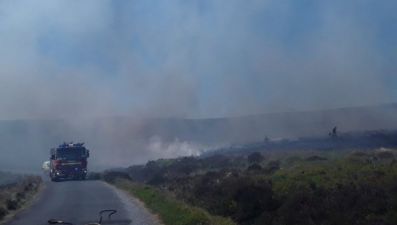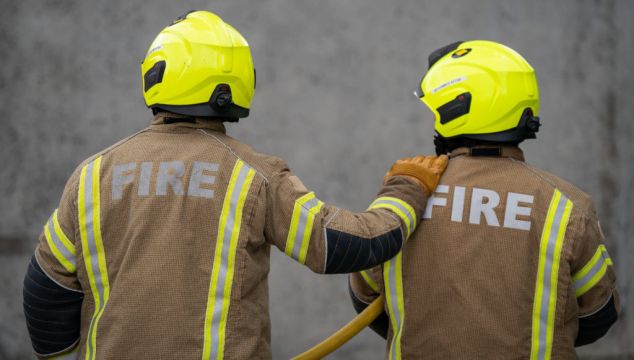Almost 2,000 on-call firefighters have been staging industrial action since the early hours of Tuesday morning in a dispute over working hours and pay.
Trade union Siptu said local authorities have failed to address the recruitment and retention crisis in the fire service.
Firefighters will not be attending training drills or testing life-saving equipment like breathing apparatus.
Over the coming weeks the nature of the action is scheduled to escalate, with the first day of all-out strike action set to take place on June 20th.
“I’m not optimistic there will be any resolution to this before there is really serious disruption to the service,” said Siptu divisional organiser Karan O’Loughlin.
“We’ve had talks on this but those talks didn’t go anywhere because there was no serious offer made and now there’s a bit of a confidence issue, a bit of a credibility issue involved.”

The failure of the Local Government Management Association (LGMA) to make a significant offer on pay suggests a lack of urgency, the union claimed, but the association said it was prohibited from granting pay increases outside the terms of the current national pay agreement during that deal’s lifetime.
Unlike the 1,200 or so professional firefighters, mostly based in larger urban centres, those involved are not full-time employees but rather work on an on-call basis.
They receive a retainer worth between about €8,000 and €12,000 per annum, then fees when they respond to call-outs and hourly rates which range from about €20 per hour to €80 per hour at night or over weekends.
Total annual earnings are estimated to range from €18,000 to €45,000 and while those involved are technically free to take other jobs, they are obliged to live and work close to their stations and be in a position to respond to a high percentage of call-outs.







